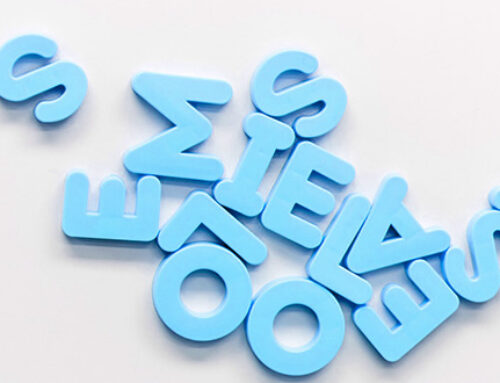Most of us know the story of David’s sin against Bathsheba and her husband, Uriah. 1 Samuel 11 tells the story of Israel’s king, David, taking the wife of a soldier named Uriah for himself because he desired her. In the process, David violates Bathsheba and has Uriah killed in battle. In chapter 12 we read of God sending the prophet, Nathan, to visit David to confront him. Nathan tells a parable of a rich man slaughtering the only little ewe that his poor neighbor had. This tale enraged David, who declared that such a rich man must die. It is at this point that Nathan says to David, “you are the man!” (v. 7). He proceeds to deliver a divine judgement, which causes David to respond with a bitter realization: “I have sinned against the Lord” (v. 13).
Like most of us, David had a keen sense of justice. Upon hearing the story of the poor man and his ewe, he instinctively knew that the rich man had committed a terrible and unjust act. However, it was only when Nathan pointed out to David that he, in fact, was that man, that the realization of his own sin dawned on him. Without Nathan’s finger, David would have kept burning with anger against the sinful, rich man—completely missing the realization that he had done something far worse.
In a world obsessed with justice, most of us are quick to become enraged by the evil of others. Only in the last month, we have been overwhelmed by headlines of war, a celebrity slap at the Oscars, a wife on trial for domestic abuse, the misappropriation of state funds, and many other acts of injustice. We chime in and, in a similar way to David, exclaim, “such a person must pay!” What a pity that our acts of stone-throwing often leave us enraged and self-righteous, rather than humbled and repentant of our own sin. I recently had a friend in the Lord be Nathan to me. With the prophet’s finger, she pointed out that I often showed little respect for my husband by making fun of him at his expense. Far be it from me to rant about a celebrity abusing her husband when I have made it a habit to undermine my own. Nathan’s finger has caused me to see that I have sinned against the Lord, and this has given me the opportunity to repent and be restored.
In 1 Corinthians 11:17–22 we see Paul rebuke the church in Corinth for making a mockery of the Lord’s supper. They were bringing judgement on themselves by entertaining disunity, humiliating the poor, and not esteeming others higher than themselves. He encourages them to judge among themselves and to be judged and disciplined by the Lord, so that they will ultimately not be condemned with the rest of the world (vv. 31–32). Through Paul’s letter, Nathan’s finger clearly points to them. However, it becomes an emblem of hope, marking an opportunity for repentance and reconciliation.
Perhaps we need to recalibrate the way we see the finger of Nathan. It was not just meant for David in his adultery but comes to each of us as a symbol of God’s love, restoration, and hope in our lives. The finger of Nathan comes through the prompting of the Holy Spirit (John 16:8), the Scriptures (2 Tim 3:16–17), and (very often) the faithful wounds of a loving friend (Prov 26:7). Let us learn to ask for it, embrace it, and respond in gratitude. How beautiful is the finger that points to me and says, “You are the [wo]man!”
Bio: Dr. Cornelia van Deventer is the Coordinator of Faculty Research and a Senior Lecturer at the South African Theological Seminary. She obtained her Ph.D. in New Testament from Stellenbosch University in 2018. Her research interests lie in the Gospel of John, particularly its literary structure and rhetorical effect. Cornelia also serves as the editor of SATS’s journal, Conspectus (see here). She lives in Worcester with her husband, Johann, and their two sons, Ezra and Ilan, where they serve on the leadership team of Joshua Generation Church.




